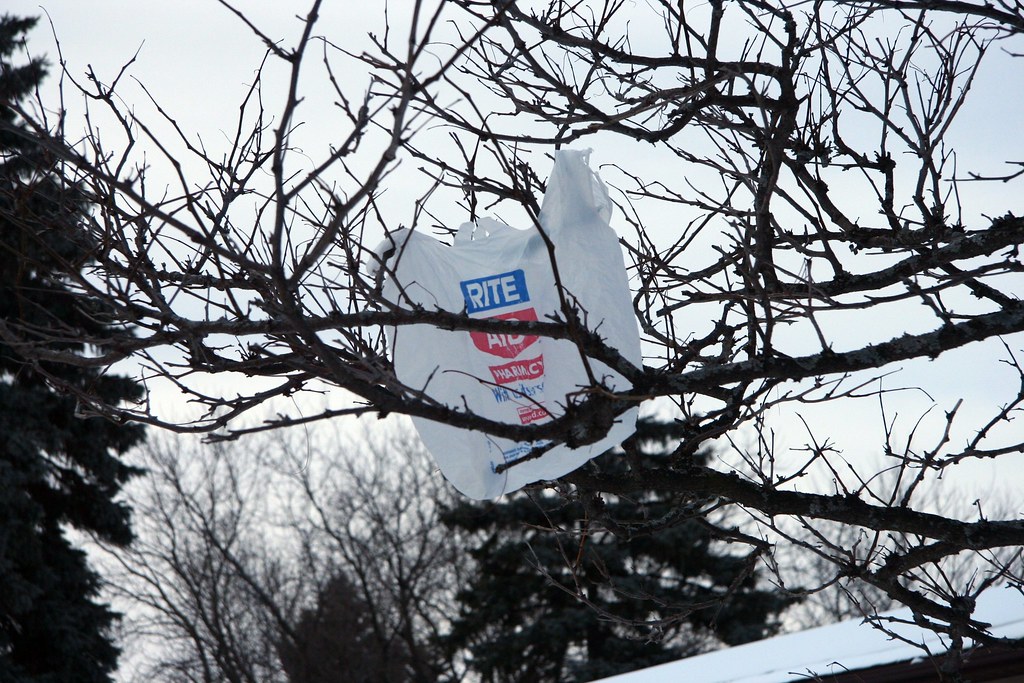Starting this year, Delaware has banned the ability to distribute single-use plastic bags at the point of sale. This law, which became in effect on January 1st, is a big step towards a cleaner world. By doing this, Delaware hopes to, “reduce beach and roadside litter, save landfill space, increase recycling efforts and help recycling facilities from having to shut down when plastic bags get stuck in the machinery.” Restaurants are not subject to this ban nor are small stores with one or two locations.
While we use plastic bags to the point where it would be hard to ban them completely, what is stopping Pennsylvania from acting the same way Delaware has? Delaware is certainly not the first state to do this, with other places like California, Washington, Oregon, Hawaii, Vermont, New York, Connecticut, Delaware, and Maine also enforcing similar laws. What are the pros to this, and why should we do it here?
Plastic bags can travel so easily, making them very susceptible to pollute many different areas and be carried great distances. Green Tumble, an environmentally friendly organization, states that millions of plastic bags get discarded every year and end up clogging water drainage channels and sewers, such as those in cities in Bangladesh.
An even more sickening statement is that over 100,000 marine animals are killed by bags annually. Horrifying enough, one in three leatherback sea turtles have been found with plastic in their stomachs.
While plastic bags are not only a concern for littering, they are also a big concern for marine wildlife. Because of their appearance in the water, sea turtles can mistake them for jellyfish. Due to the slow decomposition rates of plastic, even if the sea turtle dies, the plastic bag could be released, and another animal could make the same mistake.
To speak more on that note, plastic bags are used for an average of 12 minutes and take 500 years or more to decompose. Then, once the bags finally do compose, they break down into little toxic particles that contaminate the soil and waterways and enter the food chain. The issues with plastic bags are endless.
National Geographic says that “18 billion pounds of plastic waste flows into the oceans every year from coastal regions. That’s the equivalent of five grocery bags of plastic trash sitting on every foot of coastline around the world.”
In the United States, shoppers use one plastic bag per person every day. In Denmark, shoppers use an average of four plastic bags per year. While Denmark’s population is not even 2% of ours, it still shows that there are places doing far better than the United States.
With all this information, it comes down to individuals. What can one person do? The pandemic has forced some grocery stores to prevent the use of reusable bags for sanitary reasons. The majority of all grocery stores have them for sale, so put in the money now to make an investment that can save lives. Simply keep them in the car for accessibility.
If people are forced to use plastic bags, they can be used for more than just bringing home groceries. They can be reused for garbage bags and carrying items, but they should not be recycled. A lot of times they will end up causing more bad than good. Do some research and find local places that accept plastic bags and will recycle them properly. Start making the change around here. Stop using plastic bags, and help others to make the switch as well. Our Earth will benefit from it.
Photo: “Plastic Bags Blow!” by katerha is licensed under CC BY 2.0
